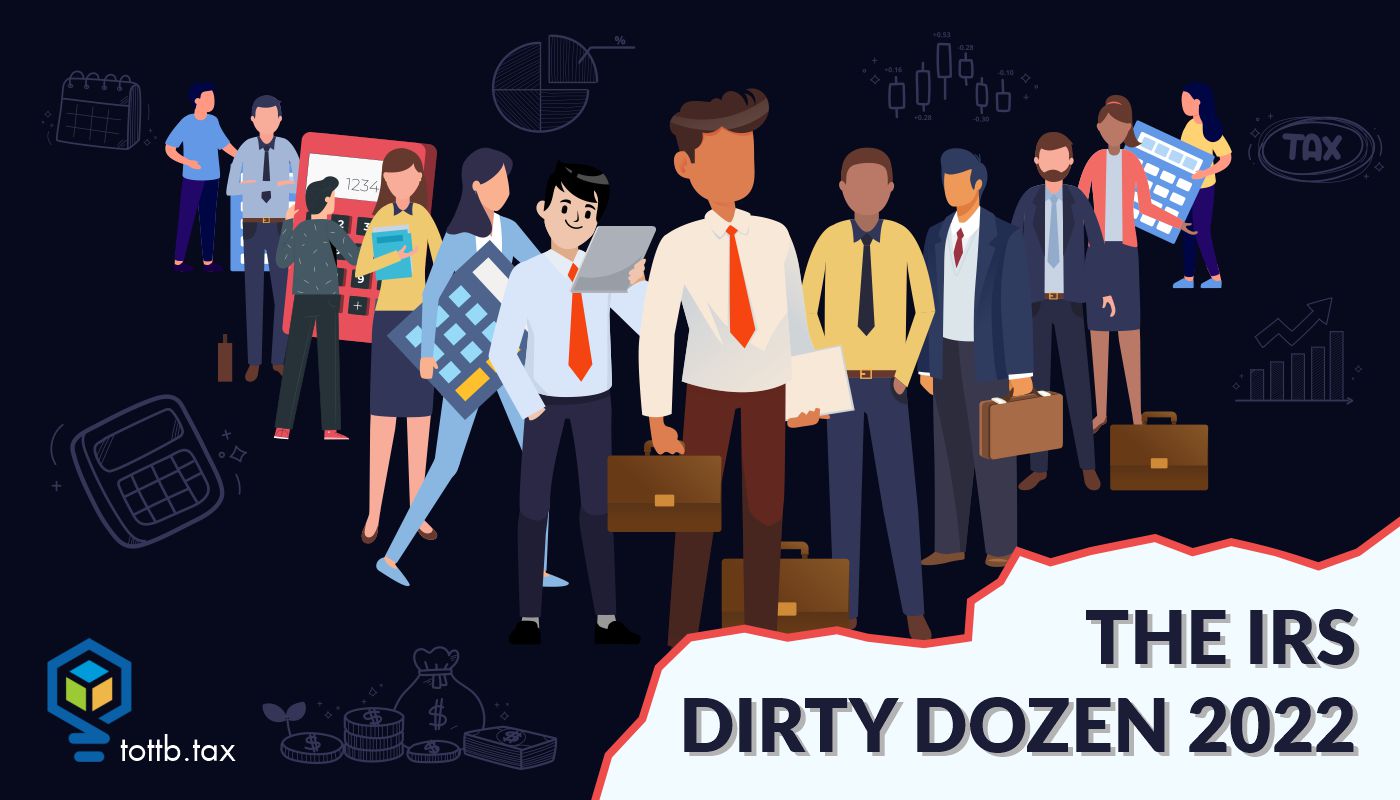Tax Planning Software – Artificial Intelligence or Skill Saw?
Question: How much time should be devoted to studying tax planning? Can’t I just select a software providing Artificial Intelligence to Inform Me What to Do?
Answer: To answer this question Dear Reader, I’ll ask a question in response. Are you a user of TurboTax or a similar software tool?
Chances are as a reader of Think Outside the Tax Box, you use something (or someone) different than software purchased at a big box store. The answer to this question may be a similar situation to a semi-regular TikTok viewer of DIY household construction projects. Does the job require a router or a Dremel tool?
If you’ve heard me talk about tax planning before, no doubt you’ve heard me describe tax planning software as an instrumental tool. It can provide valuable insights such as data extracted from your tax returns, calculation of minimum required estimated tax payments, and even a few tips to save annual tax.
Whether you are a do-it-yourselfer braving a construction project in your home or a new business owner or novice tax planner, the answer depends on the nature of the job you are doing.
Is it possible for this experienced Tax Planner of more than 20 years with an advanced degree and thousands of tax plans to complete a bathroom remodel in just a weekend with a Dremel tool? Certainly. I’ve even got the pictures to prove it.
Just like the bathroom-in-a-weekend, it is possible with an off-the-internet-software to develop a few ideas to save some tax dollars. But if you look closely at my personal photos – you’ll notice the glue expired on my “driftwood” mirror frame. The recycled wood tiles failed to stay up with the shower moisture in the air, and while the dimensions of my replacement countertop – the walls were just a hair too uneven in my old house.
In the end, my weekend project took more than 4 weekends of my precious free time, more than $1,200 in the after-the-fact hired help to fix my handywork, and a little of my pride revealing this online to a public audience.
To read about when it is a DEAL BREAKER to rely on AI tax planning software, click here to continue reading.
Read More













